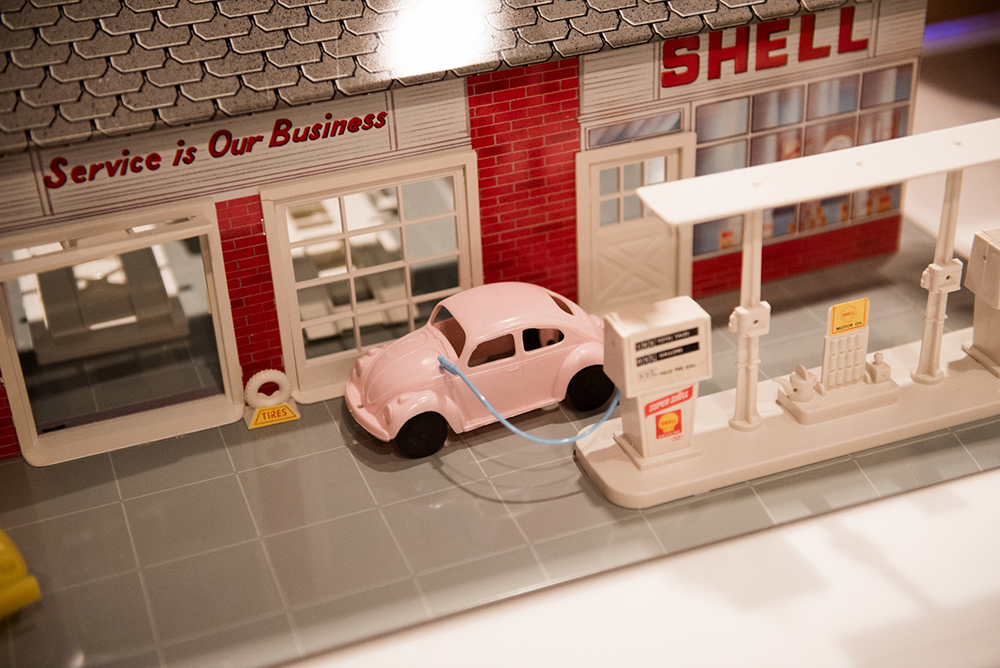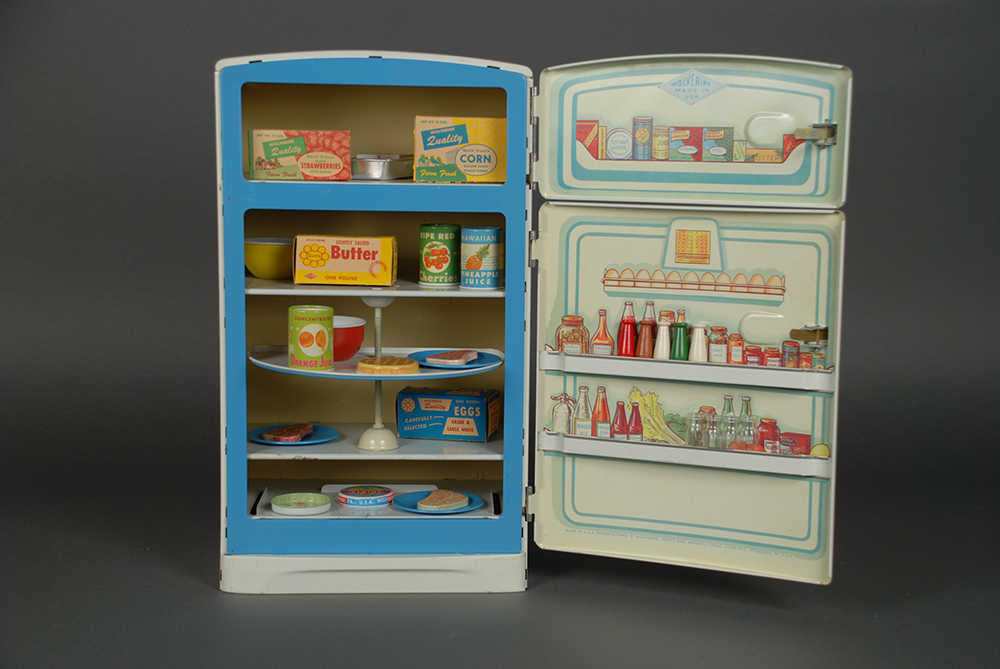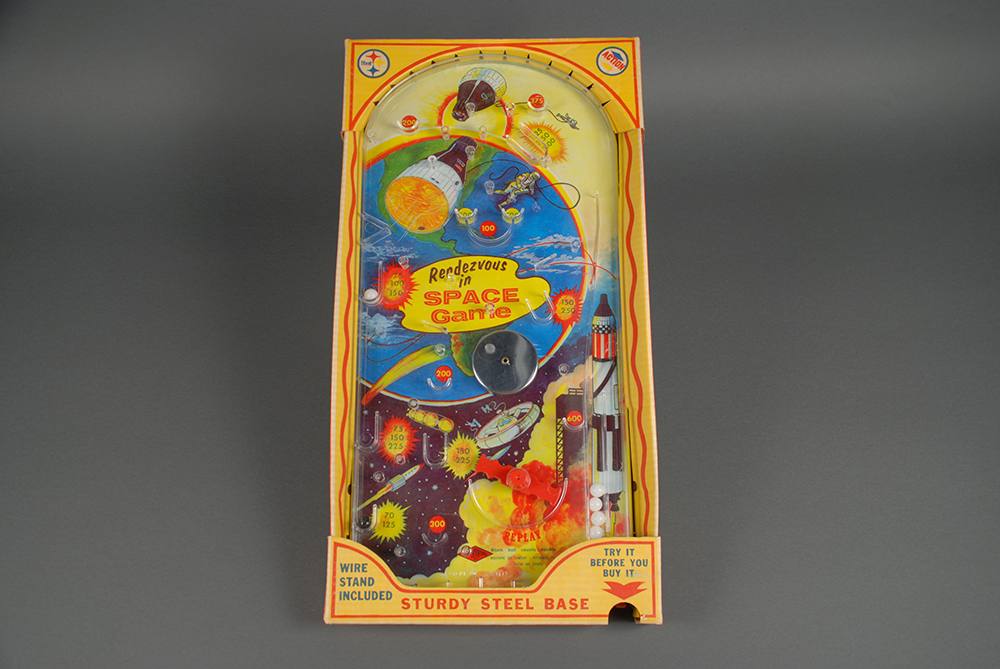
The Wolverine Supply and Manufacturing Company, later known as the Wolverine Toy Company, produced children’s toys for nearly seven decades from its factory on the North Side of Pittsburgh.
Benjamin Franklin Bain, who studied mechanics and engineering at the The Michigan Agricultural College (which later became Michigan State University), founded the Wolverine Supply and Manufacturing Company in 1903. The company originally produced metal kitchen tools and household supplies, so he chose Pittsburgh, the hub of the metal industry during the early 20th century, as the company’s headquarters.
In 1909, the Wolverine Supply and Manufacturing Company obtained the Sand Toy Company and its signature line, “Sandy Andy” tin toys, as the result of a bankruptcy settlement. Over the next several decades, Wolverine evolved into an exclusive manufacturer of toys, expanding the “Sandy Andy” line and producing toys ranging from tin battleships to household appliances.
Like other toys of the era, Wolverine reinforced “traditional” gender roles through the production and marketing of gender-specific toys. For example, its line of home appliances called “Sunny Suzy” and “Little Queen” were created to appeal to young girls. Items such as racing or space-age themed pinball games and “career toys” were marketed to boys, encouraging “Junior in something that might later develop into his life’s work.”
These products stayed true to the culture of the era, as Wolverine continually released revamped versions of its signature toys such as its refrigerators, which became available in a wide array of colors reflecting current style trends.
The manufacturer, which renamed itself the Wolverine Toy Company in 1962, mirrored societal change by updating playthings such as its giant super market toy, which replaced the earlier corner grocery store model.
In 1970, the Wolverine Toy Company moved from Pittsburgh to Booneville, Ark., before new ownership phased out its toy production entirely.
Visit the Toys of the ’50s, ’60s and ’70s exhibition, open through May 31, 2016, to see toys from the museum’s Wolverine Toy Company collection, along with nearly 500 legendary toys, ranging from Barbie and Gumby to Hot Wheels and Star Wars.
Janine Kickler is a volunteer intern with the Communications department at the Heinz History Center.


